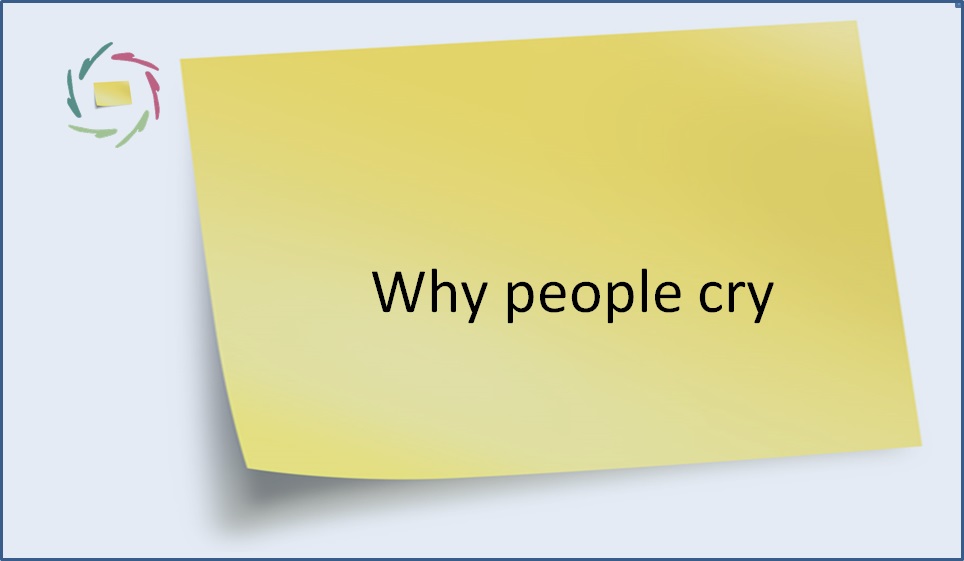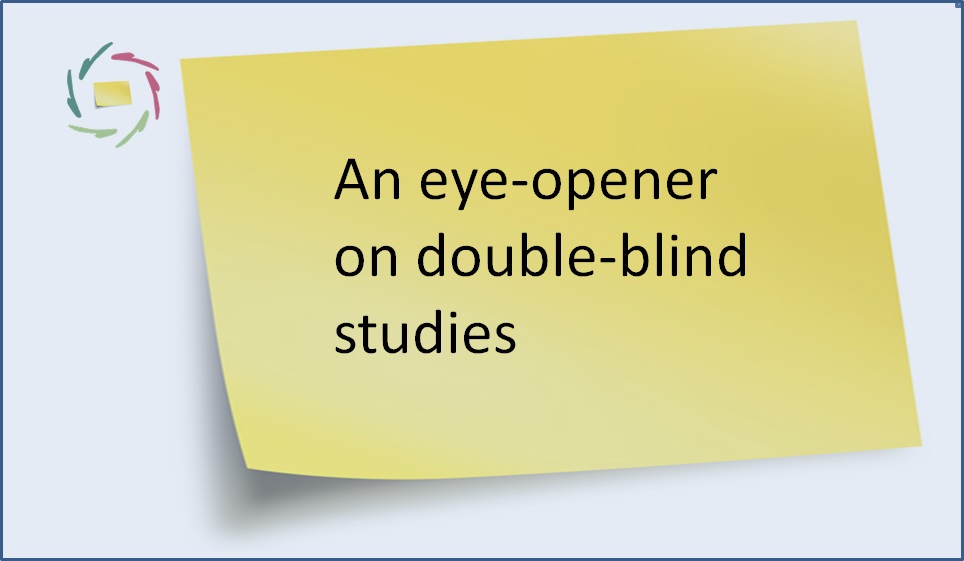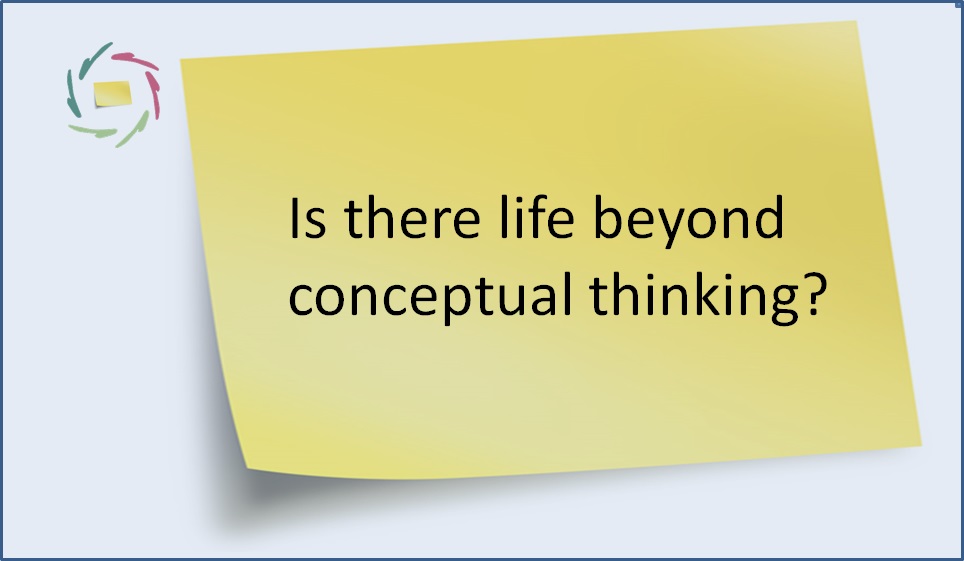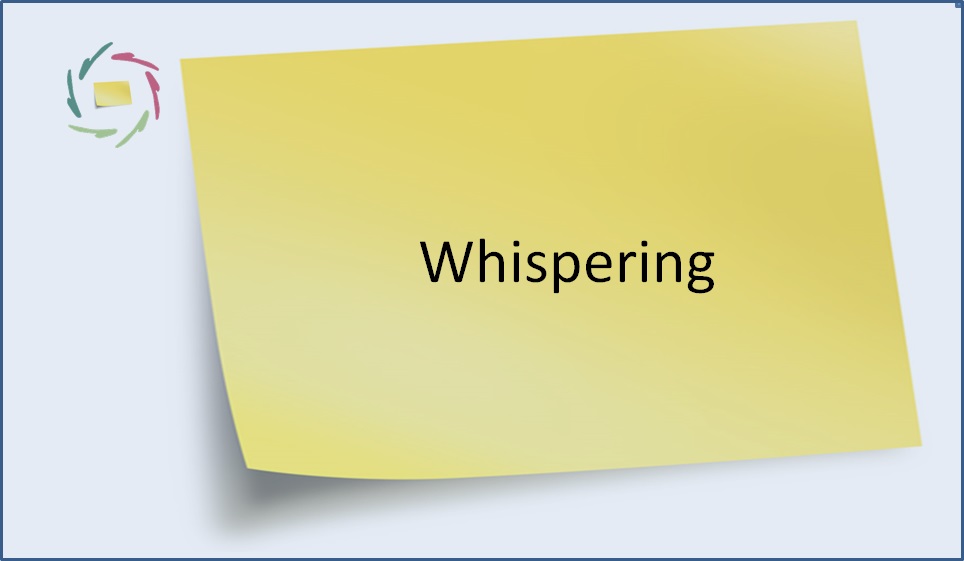43. Why people cry

People cry because they are sad. People also cry because they are happy, sometimes. Do you know this first-hand? I do. Actually, I haven’t cried out of sadness for many years. But I do cry sometimes out of happiness. Am I therefore just a very lucky fellow, or just a very weirdo? I don’t know and I don’t care. I am just very much myself.
◊◊◊
But the fact remains: people cry of sadness and of happiness. This is striking. One can go over it just like that. Not me. I’m a delver. So: why do people cry? What is the common denominator?
◊◊◊
Deep emotion.
◊◊◊
People cry when they are deeply emoted: sadness, happiness. Sometimes anger too. Sometimes frustration or fear. There’s something in our emotional system that comes out through our eyes. There’s clearly something in our emotional system that is common to emotions in general. OK. Maybe the commonality goes further than tears?
◊◊◊
I think so and I’m not the only one. There are many researchers in the field of emotionality who look at emotions as having very much in common. Actually, at the physiological and neurophysiological level there are probably more commonalities than differences. These go deep down into our bodies and brains. Let’s therefore leap to where no man has gone…
◊◊◊
…before. An ET may look at it this way: on the beautiful planet earth, there are humans who have this thing called ‘emotion’. It kind of serves them to survive and also makes their lives more interesting. Then, for some strange reason not yet fully understood by us, Vulcanians, these humans also appear to make a huge difference between emotions, while at first sight these differences only appear to reside in utmost intangibilities. We think they call these ‘interpretations’, but when one goes deeper into it, these so-called interpretations are themselves emotion-bound, making it a circular definition. This is still a mysterious aspect of humans, but certainly intriguing…
◊◊◊
Thanks, Mr. Spock, you have made your point. Let’s come down to earth again now. Emotionality comes before the different kinds of emotions. Not sadness makes us cry, but the emotionality that we interpret as sadness. Seeing it this way, we are much freer to be very happy or very sad than we generally think.
◊◊◊
Crying out of sadness may be in the eye of the beholder.
◊◊◊
If we don’t do the choosing in full awareness, it may be bound to many preconceptions. Many things can be sad or joyful depending on how you look at them. For instance, crying for the death of someone, can be crying out of joy for that person’s having lived a beautiful life!
◊◊◊
We are told in many cases to cry at death out of sadness, while as total persons at the same time we may be crying out of joy. We may even choose to consciously do the latter. This is not a sign of disrespect for death. On the contrary, it may be the best sign of respect for life, of which death is a part.
◊◊◊


